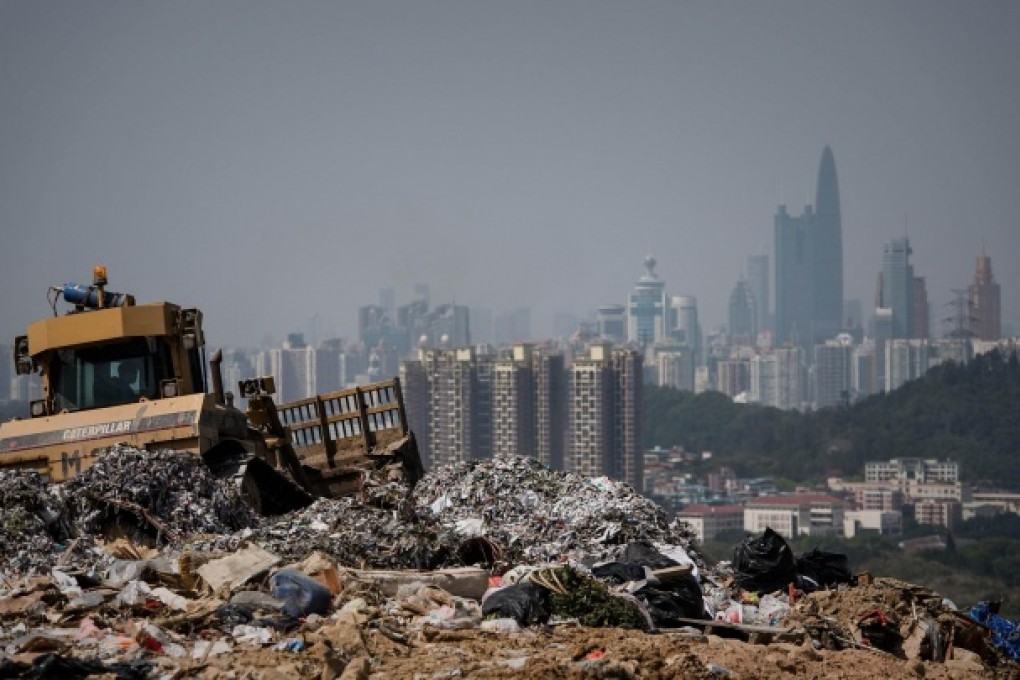Advertisement

Referring to your Lai See column entitled "Henry Tang buys historic property in Australia" (May 14), I want to clarify that there is not a shred of truth in the story.
It is totally incorrect to say that I have recently bought Lyndsay Park in Barossa Valley in South Australia. Any alleged claims in the story are wrong.
Advertisement
This column is written without verification from me or at least my media consultant.
Henry Tang
Advertisement
Advertisement
Select Voice
Select Speed
1.00x